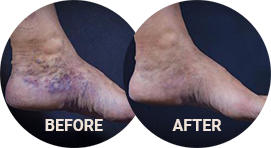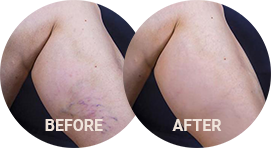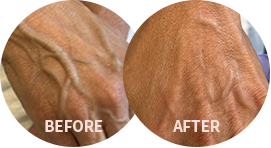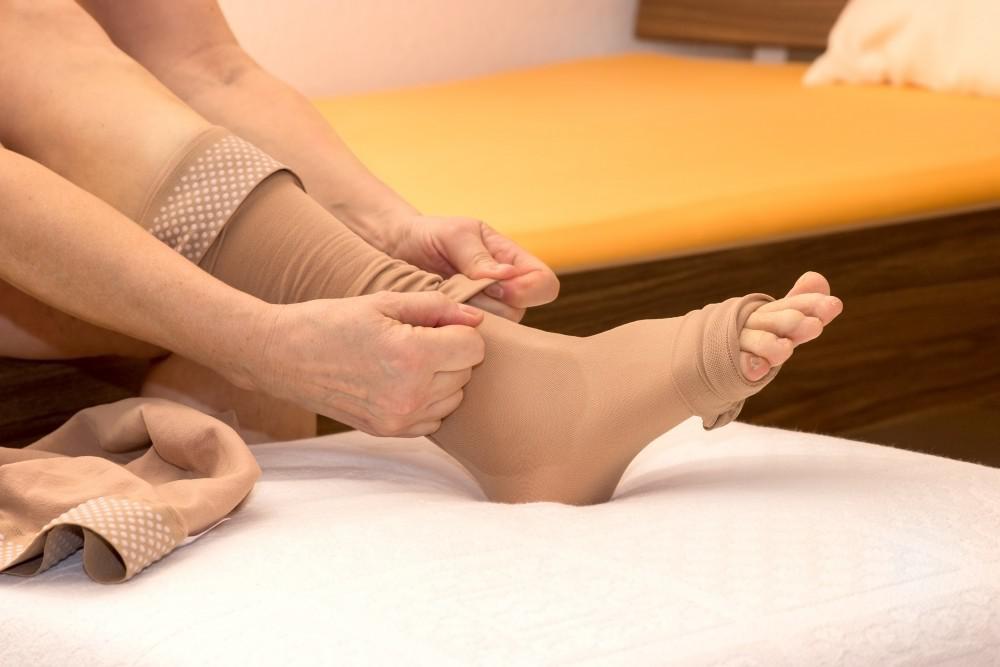Blood is, of course, the precious fluid that gives us life, moving both nutrients and waste products in and out of our bodies. When veins, the blood vessels through which blood flows back to the heart and lungs for oxygenation, begin to fail, so too can your health.
Vein disorders are different from arterial disease, since veins have valves to help the one-way movement of blood. When these start to fail, veins can’t perform their work efficiently. Blood can pool, and circulation starts to suffer.
There are factors that can increase your risk of developing vein disorders, some of which can be controlled. Understanding these factors and how they affect your veins can help you keep the risk of venous disease managed.
Here are five risk factors that you can use for self-assessment and, if needed, consult with Dr. Naar at Premier Vein Clinic if a medical diagnosis and treatment becomes needed.
Contents
Types of Vein Disorders
Peripheral venous disease is a condition that primarily affects your legs which, along with your arms, are your peripheral appendages. The valves within your veins open when muscles contract, allowing blood to move back toward your heart, closing again when muscles relax.
If the valves don’t close completely, blood can flow backward. Varicose veins form under these conditions, when blood starts to pool from this backflow.
This is one cause of venous thromboembolisms (VTE), or blood clots in your veins. However, VTE has other causes too, such as conditions that slow blood flow or make blood thicker, and extended bed rest. These clots can cause embolisms if they break off and travel elsewhere in your body.
5 Risk Factors for Vein Disorders
Five common risk factors that increase your chances of developing venous disease are:
Age
While vein disorders can strike at any age, they are much more common in older people. As the tissues in your body age, so can the walls of your veins, becoming increasingly vulnerable to failure.
Genetics
If members of your immediate family have vein disorders, your chances of having them increases. If your parents had varicose veins, for instance, you’re at high risk of developing these as well.
Sex
Women are more likely to develop venous disease by a factor of three to one over men. The hormonal changes that occur during pregnancy can also elevate your risk for vein disorders.
Excess Weight
If you have a high body mass index, then you may also develop vein disorders, since the extra weight puts increased pressure on your veins.
Sitting and Standing
Because blood flow through your veins depends on muscle contraction, prolonged periods of no movement in your legs can reduce blood flow through your legs. This can lead to blood pooling and higher blood pressure, as well as other vein disorders.
Previous Blood Clots
If you have a history of VTEs or deep vein thrombosis, your risk of further clots and venous diseases is elevated. Blood clots can cause permanent vein damage.
If you have varicose veins or any other symptoms of vein disorders, contact Premier Vein Clinic to arrange an examination. Dr. Naar can help prevent your vein issues from developing into a greater problem. Call or click today.





